An estimated 4.3 million Ukrainian refugees have made the bloc their temporary home since Russia’s full-scale invasion. With the help of the EU’s “temporary protection” status, giving hundreds of thousands fleeing the war the right to work, live and study within its borders, Ukrainians moved to countries across Europe; from Poland and Finland to Spain and Ireland, according to a review published by the international V4NA news agency.
Here's Why Ukraine War Refugees Are Bypassing France
France, often derided as a "paperwork state," lags far behind the rest of the European Union in accepting refugees from Ukraine.
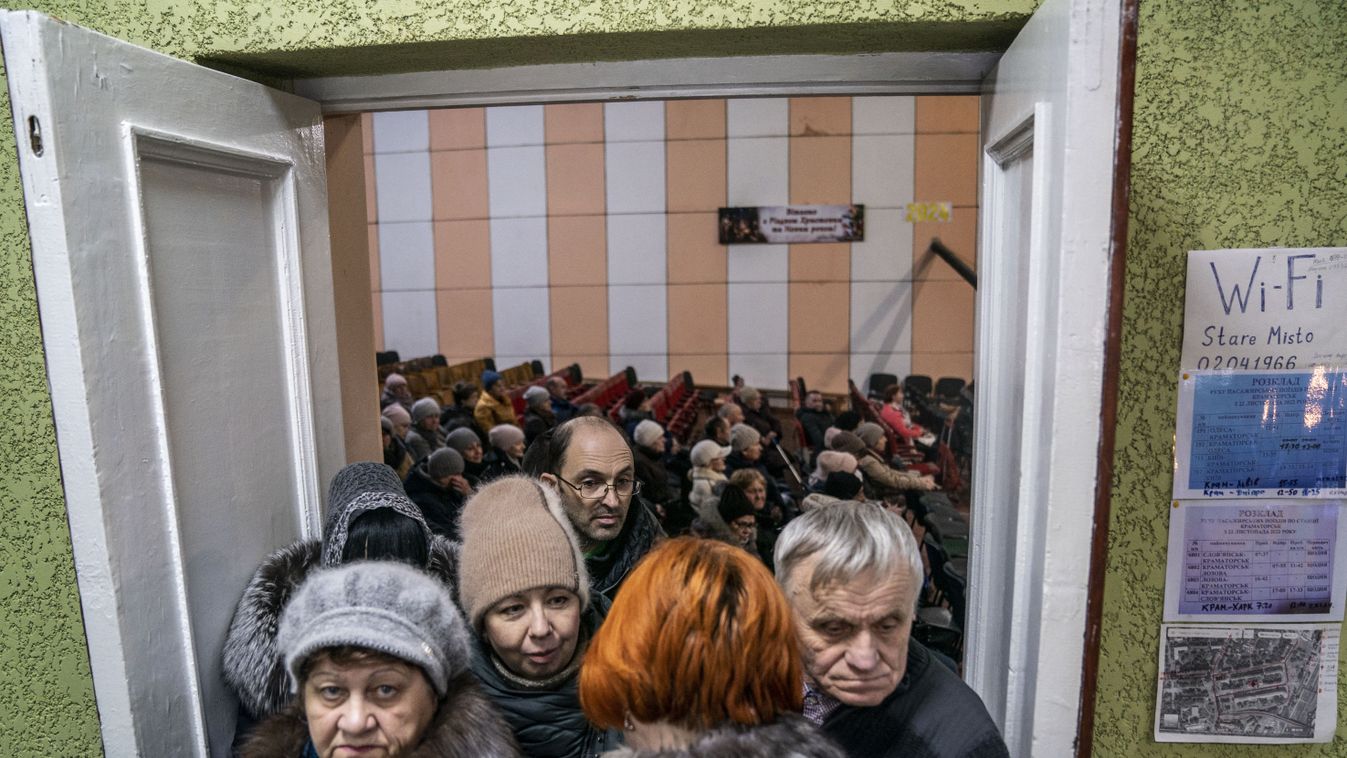
But in January, France was reporting just 64,720 refugees from Ukraine under temporary protection. In contrast, Germany has taken in more than 1.2 million refugees while Poland has taken in nearly 1 million, according to figures released by Eurostat. France’s number is well below that of Ireland, which is hosting more than 100,000 Ukrainians among its 5 million residents. The data are even more remarkable when compared with countries’ populations: Poland, the Baltics, the Czech Republic, Slovakia and Bulgaria are hosting more than 25 refugees per 1,000 citizens.
France, by contrast, is hosting fewer than 1 per 1,000 citizens. According to Politico, part of the explanation lies in the age breakdown of the refugees European countries are hosting. Out of the nearly 65,000 people France was offering temporary protection to at the end of January, Eurostat data listed just 25 people younger than 18. Minors can typically stay in France without a permit, so they’re rarely included in temporary protection stats, Eurostat noted. Gerard Sadik of NGO La Cimade said an estimated 30,000 Ukrainian refugees aren’t covered in the French tally.
Language also plays a role: Slavic-speaking countries have drawn high numbers of Ukraine refugees. But as well as language, what might account for part of France’s stark disparity, analysts say, are factors such as geographical proximity to Ukraine, financial support for refugees, and a pre-established community network.
As far as I understand, France just doesn’t match any of these three requirements,
– said Evgeniya Blyznyuk, CEO and founder of research company Gradus, which has surveyed Ukraine refugees’ experiences abroad. France is “quite far away,” as its financial support is “significantly lower” than that provided by Germany, and there is no major Ukrainian community in the country to begin with, she argued.
Refugees' experience shows that, in addition to language skills, the existence of a support network is also key to settling in France. Leaving Ukraine behind can be difficult without help, with many only being able to find accommodation only with the assistance of French-Ukrainian family friends. People fleeing Ukraine have had trouble accessing information on the procedure to apply for temporary protection, social benefits and housing programs, as well as education and employment opportunities in France, said Ksenia Gedz, advocacy coordinator for Ukraine human rights organization Right to Protection. Requirements to renew their temporary protection permit had added a “new impediment,” she said.
Eurostat data confirm that not everyone has made a stable home in their host country: While the number of refugees has steadily grown in most EU countries, it has tapered off in some — including France, the Czech Republic, Sweden and Estonia.
Many Ukrainians are concerned about what will happen after March 2025, when the Temporary Protection Drective expires. Experts say this is also a problem because not knowing what will happen in the future will affect whether children are enrolled in schools or take the necessary steps to learn the language. For example, around two-thirds of refugee children in Poland, Romania and Moldova do not attend school, with many taking online classes based on the Ukrainian curriculum.
Cover photo: For the most part, Ukrainian refugees tend to stay in Central Europe (Photo: Anadolu via AFP/Jose Colon)
Komment
Összesen 0 komment
A kommentek nem szerkesztett tartalmak, tartalmuk a szerzőjük álláspontját tükrözi. Mielőtt hozzászólna, kérjük, olvassa el a kommentszabályzatot.
A téma legfrissebb hírei
Tovább az összes cikkhez
PM Orban: Ukraine Wants Chaos, but Hungary Cannot Be Blackmailed + Video
Anyone who wants to break us will have their hands full, Hungary's Prime Minister Viktor Orban declared at an anti-war rally in Bekescsaba.

Hungary FM: Master Good Expansion to Create 600 New Jobs
According to the Minister of Foreign Affairs and Trade, small and medium-sized enterprises will also benefit from the investment.

PM Orban: New Initiatives Are Needed for Global Peace
Hungary's Prime Minister Viktor Orban shared photos on social media from the Board of Peace meeting in Washington.

Hungary FM: The Government Is Building Hungary’s Future on Its Children
The Minister of Foreign Affairs and Trade attended a conference on education in Demecser.
Ne maradjon le a Magyar Nemzet legjobb írásairól, olvassa őket minden nap!
- Iratkozzon fel hírlevelünkre
- Csatlakozzon hozzánk Facebookon és Twitteren
- Kövesse csatornáinkat Instagrammon, Videán, YouTube-on és RSS-en

Címoldalról ajánljuk
Tovább az összes cikkhez
PM Orban: Ukraine Wants Chaos, but Hungary Cannot Be Blackmailed + Video
Anyone who wants to break us will have their hands full, Hungary's Prime Minister Viktor Orban declared at an anti-war rally in Bekescsaba.

Hungary FM: Master Good Expansion to Create 600 New Jobs
According to the Minister of Foreign Affairs and Trade, small and medium-sized enterprises will also benefit from the investment.

PM Orban: New Initiatives Are Needed for Global Peace
Hungary's Prime Minister Viktor Orban shared photos on social media from the Board of Peace meeting in Washington.

Hungary FM: The Government Is Building Hungary’s Future on Its Children
The Minister of Foreign Affairs and Trade attended a conference on education in Demecser.

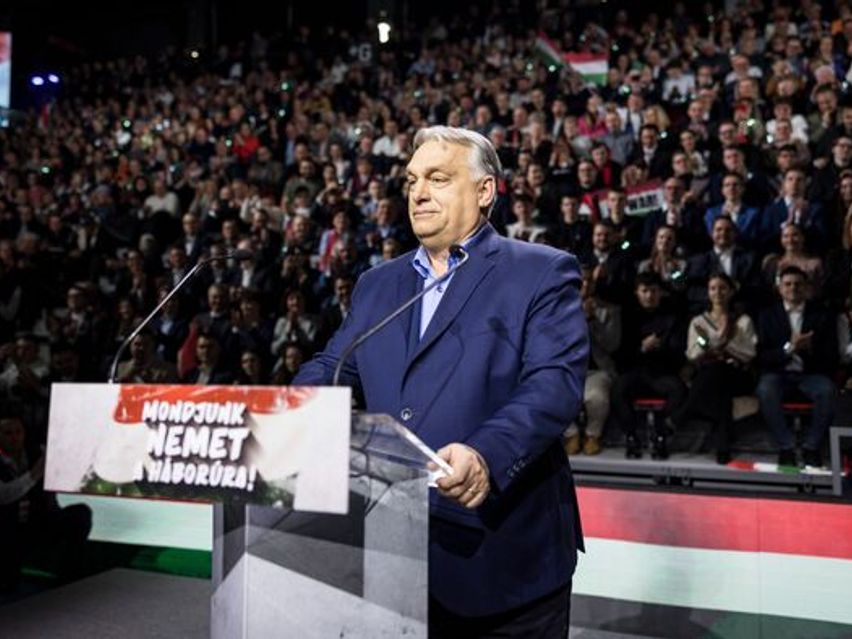
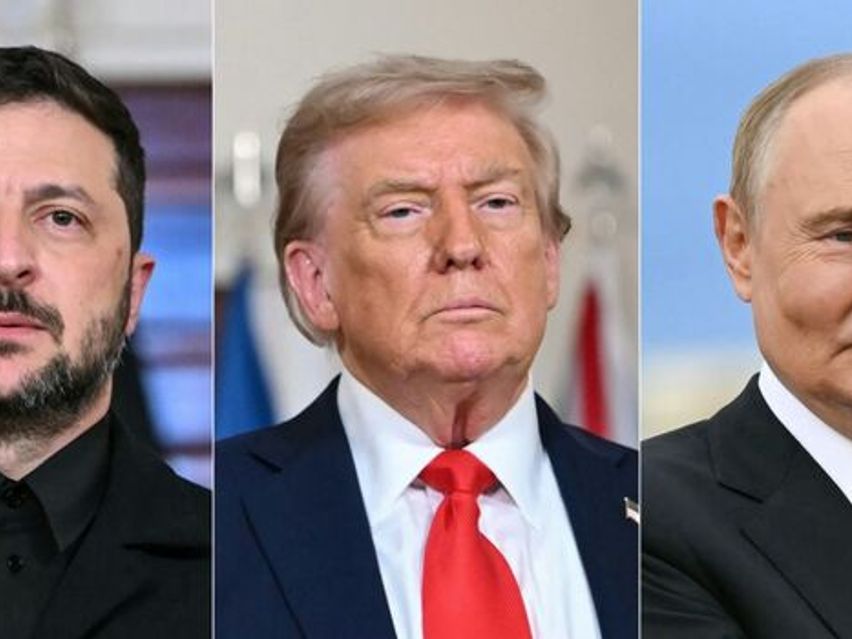






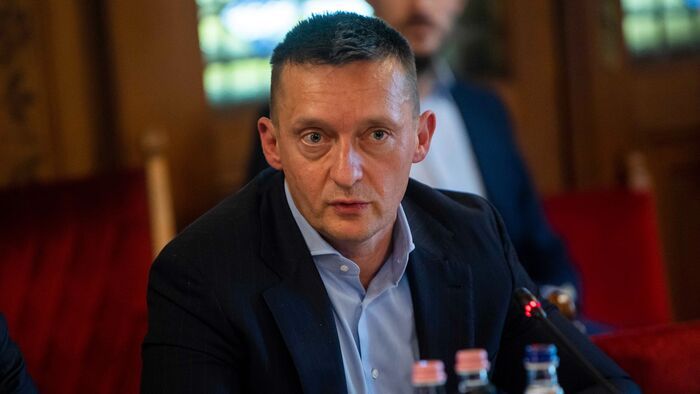
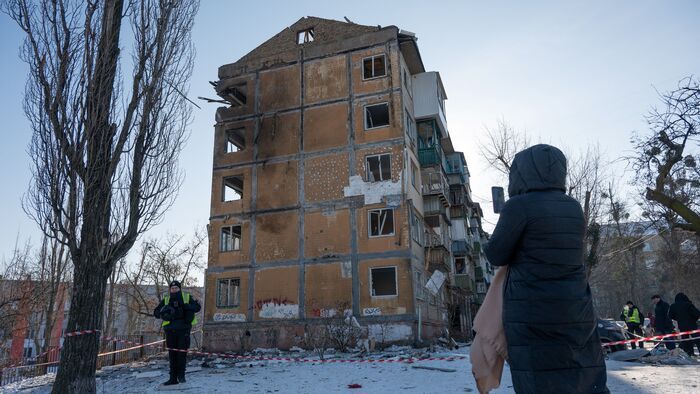
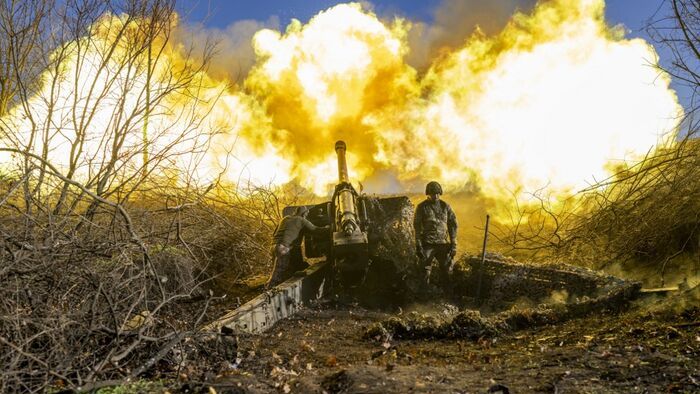
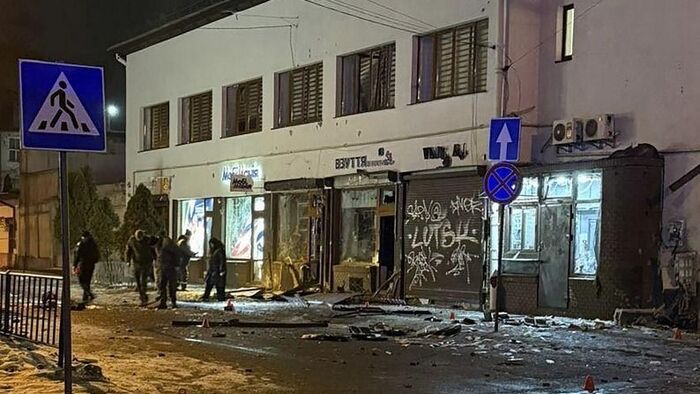



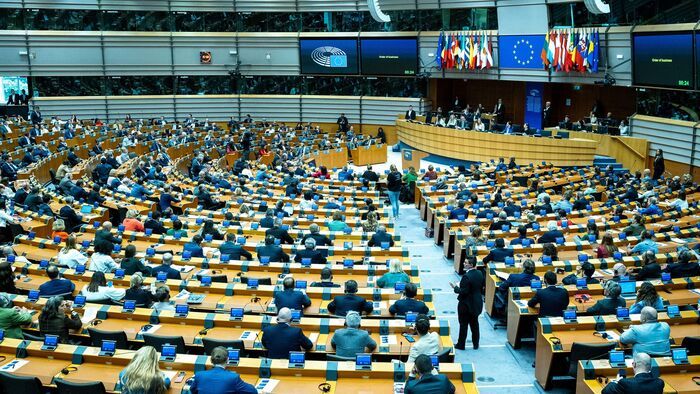

Szóljon hozzá!
Jelenleg csak a hozzászólások egy kis részét látja. Hozzászóláshoz és a további kommentek megtekintéséhez lépjen be, vagy regisztráljon!